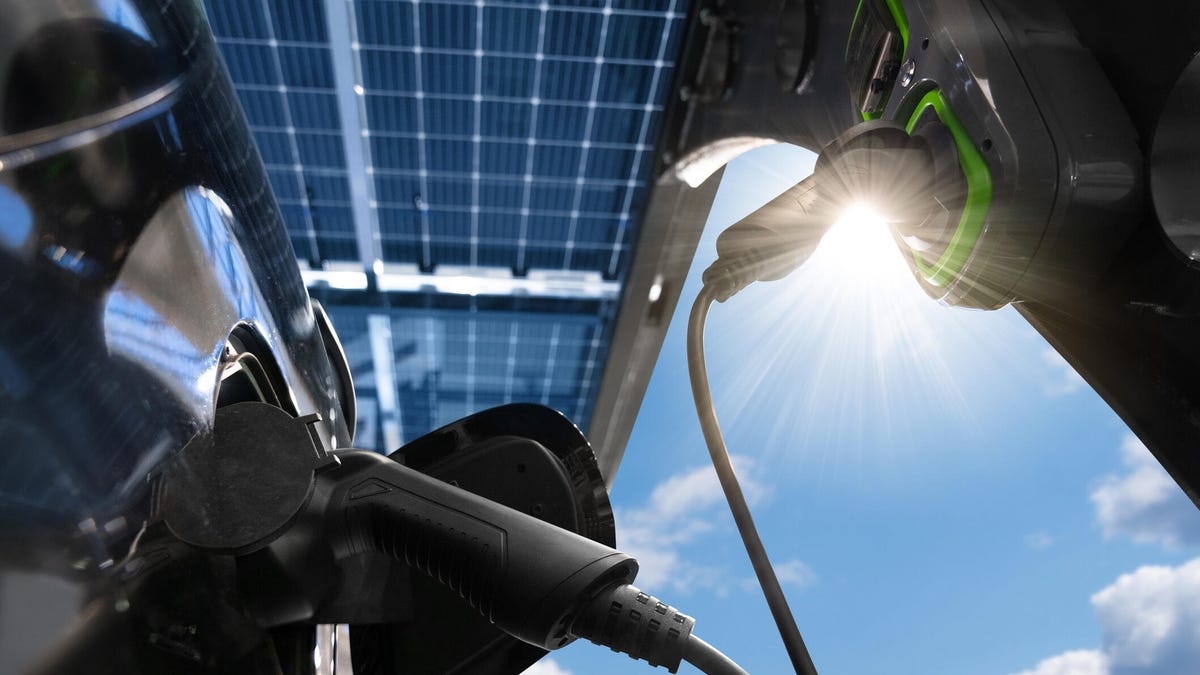Reduce your electricity costs and contribute to environmental conservation by charging your electric vehicle with solar power. While electric vehicles represent a cleaner transportation option, the sustainability of their energy source is crucial. Using electricity from fossil fuels to charge your EV is not ideal, as it contributes to carbon emissions. To ensure your EV runs on renewable energy only, consider connecting your home’s EV charger to a solar power system or using a public charger powered by solar panels. The solar and electric vehicle industries are rapidly growing, with rooftop solar installations and EV adoption on the rise. Transitioning to an electric vehicle can be complex, especially when considering the installation of charging infrastructure. If you opt for solar panels to power your EV, the charging process is streamlined and more efficient. Solar panels and electric vehicles operate on direct current (DC), eliminating the need for an inverter between the two systems. Charging your EV with solar power also provides a reliable energy source, reducing the risk of being stranded with a dead battery during power outages. To determine the number of solar panels needed to charge your EV, consider factors such as your daily driving habits and the efficiency of your solar panels. By calculating your EV’s energy consumption and peak sun hours, you can determine the ideal solar system size for charging your EV. Using the example of the Hyundai Ioniq 6, you can estimate the number of solar panels needed to meet your EV’s energy requirements. Overall, charging your EV with solar power offers numerous benefits, including cost savings, environmental sustainability, and energy independence.

